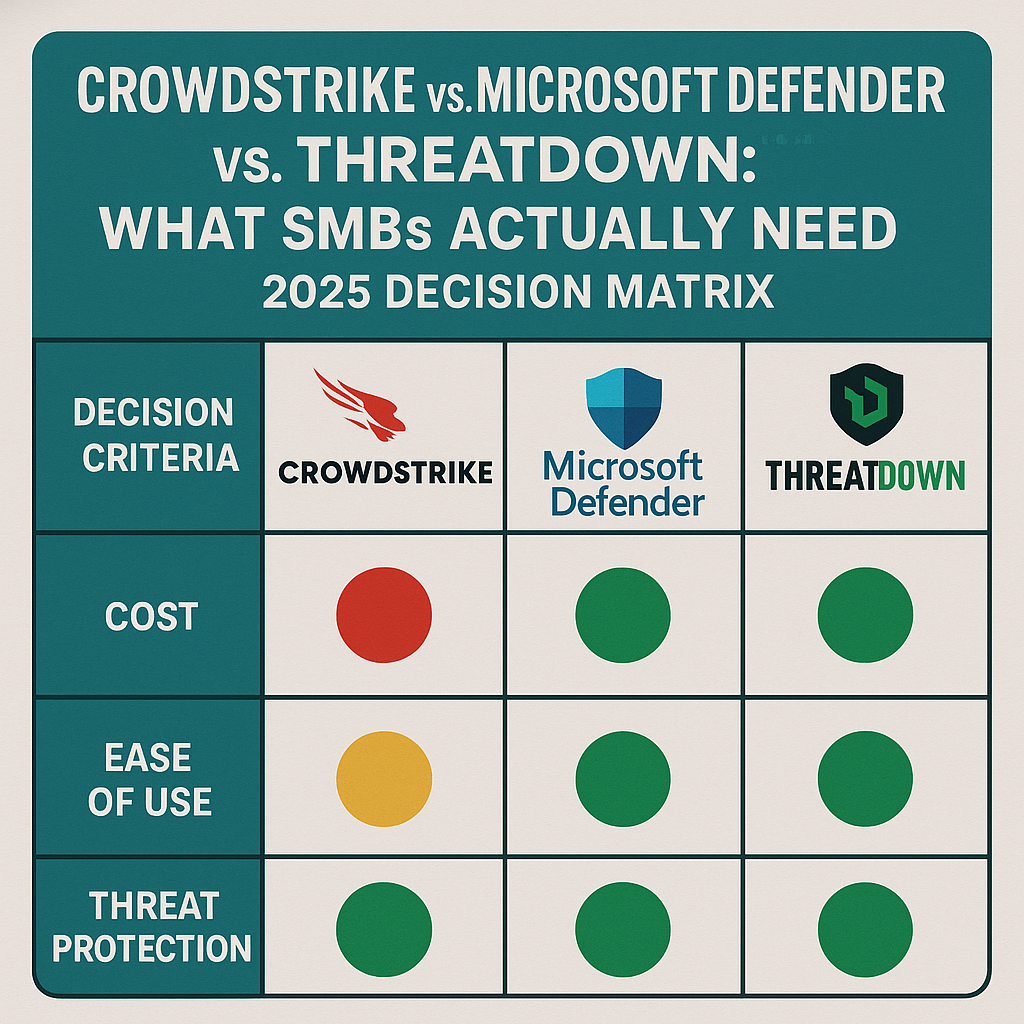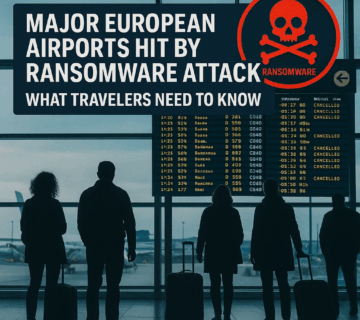
Chrome’s Critical Security Update: Protecting Users from High-Severity Vulnerabilities
An emergency security patch released by Google for the Chrome browser, addressing three critical, high-severity vulnerabilities found primarily within the core V8 JavaScript engine. These flaws, which include a side-channel information leak and integer overflow issues, pose serious risks of enabling cybercriminals to steal sensitive data or compromise system stability. The text stresses the immediate need for users to manually update their Chrome versions to 140.0.7339.207 or higher, providing detailed instructions for this critical process. Additionally, the sources briefly introduce Technijian, an IT services provider that offers cybersecurity solutions and security awareness training to help organizations manage such browser vulnerabilities and maintain a robust security posture.
... Read More



